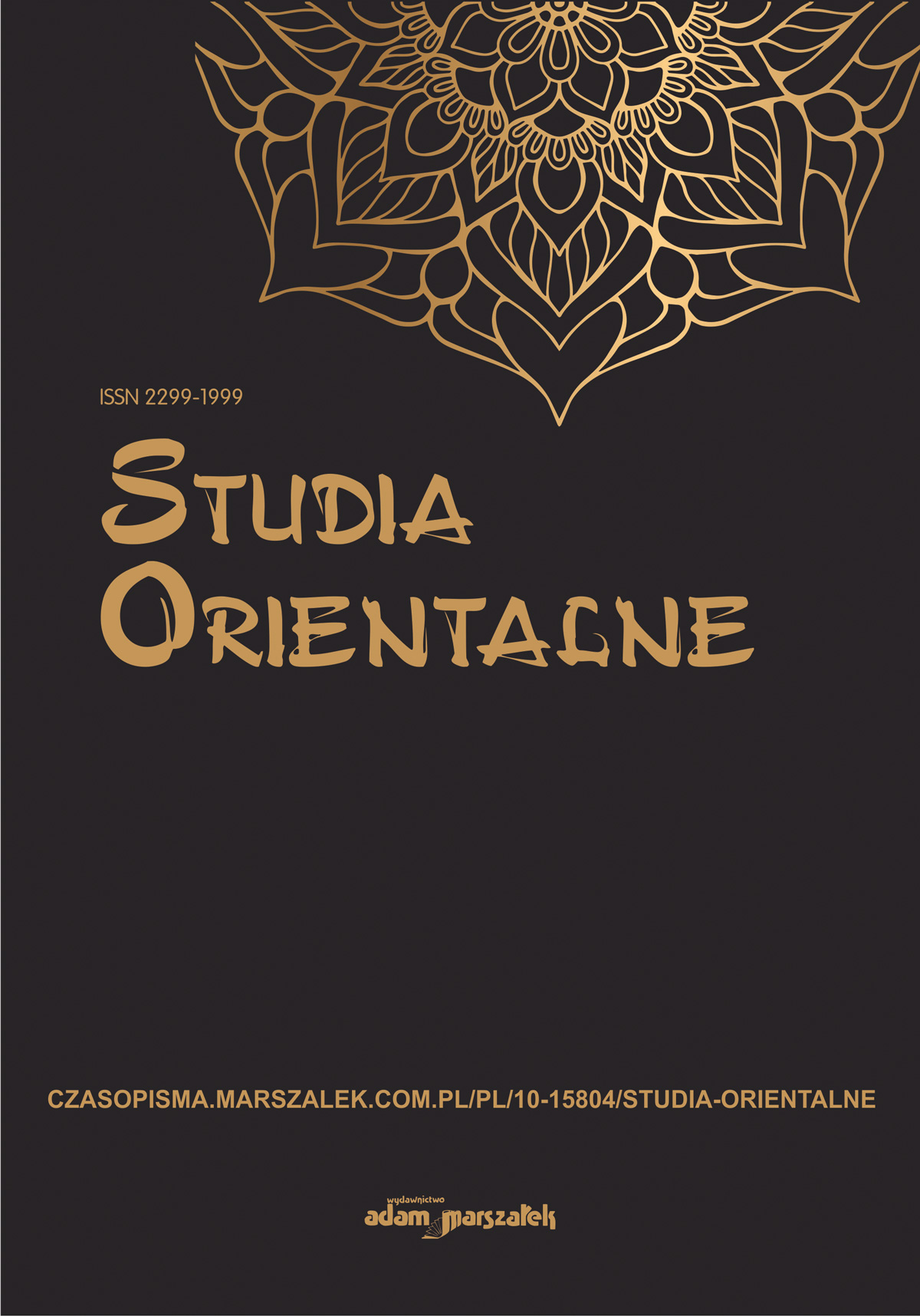Аналіз та деконструкція основних ідеологем
доктрини «Русский Мир»
Analysis and Deconstruction of the Main Ideologists of the Russian World Doctrine
Author(s): Ksenia ZborovskaSubject(s): Governance, International relations/trade, Politics and society, Geopolitics
Published by: Wydawnictwo Adam Marszałek
Keywords: myth; ideology; “Russian world”; identity; Orthodoxy; argumentative practices;
Summary/Abstract: The article analyses the three prominent ideologues of the doctrine of “Rus-sian world”: the myth that “Orthodoxy is the basis of an identity”; the mythof the openness and friendly attitude of the Russian people to other ethnicgroups and religions, and the myth of the Eurasian/Russian civilisation thatopposes the “rotten” West. The existence of these ideologues in the infor-mation and symbolic field of Ukraine and the world, manipulating them, andplacing them in the actual context of the Ukrainian cultural space, lead toa distorted perception of relations between Russia and Ukraine and the warbetween them. The article attempts to reveal those distortions and semanticsubstitutions ontologically contained in the ideologies of the “Russian world”,which can be analysed as typical errors in the context of the argumentationtheory. The study aims to develop a conditional “dictionary” of mythologistsof the “Russian world”, which could be used during an all-out informationconfrontation. The author chose the myth “Orthodoxy – the basis of Russianidentity” as the basic ideology because, firstly, most other ideologies derivefrom this thesis with the help of skilful semantic manipulations. Secondly, this myth is interpreted and used by Russian ideologues in various contexts.Based on the analysis of this and two other myths, the author concludes that the ideology of the “Russian measure” does not meet the definition of the criteria of clarity and unambiguity; the meanings of its key concepts are as variable as possible, depending on the context, used with the substitution of meaning in general formulations, which do not provide for clarification of non-standard use of the term; there is a substitution of identities, which makes it possible to manipulate the historical facts and memory of the peo-ple; such informal logical errors as recourse to force, alternative to fear, falseScotsman, wholesale bargaining, and source poisoning are always used byRussian ideologues in their argumentative practices. In the process of reveal-ing the illogicality and paradoxical nature of these myths, it turns out that thevery essence of these myths significantly contributes to the crisis of cultureand politics, which speaks of the same ideologues who glorify the messianicrole of Russia. This array of ideological myths cannot be called a balanced system of political dogmas but rather a rhizomatic system of manipulation, the fluidity of which provides its ability to evade counter-arguments and identify historical substitutions.
Journal: Studia Orientalne
- Issue Year: 24/2022
- Issue No: 4
- Page Range: 95-114
- Page Count: 20
- Language: Ukrainian

